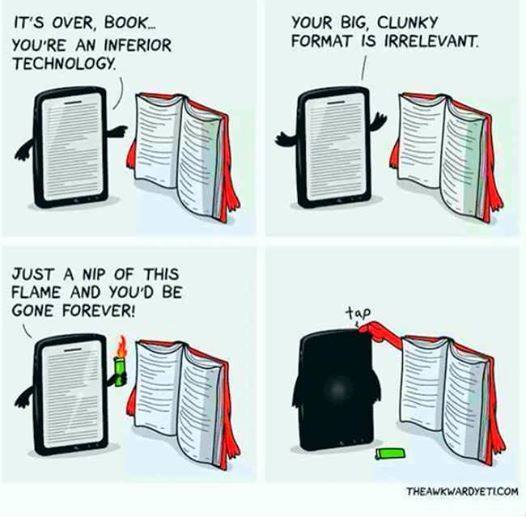Kia ora koutou,
From tomorrow I will be on parental leave and won’t be back until December (14 Sept – 10 December)! 🙂 🙂 🙂
I share all my subjects with Damian so he is the main contact for all our subjects while I am on leave. As being a subject librarian is only half of Damian’s job (Special Collections Librarian is the other half), he will be backed-up by other subject librarians also. If Damian is unavailable, Dave C is the back-up for Geography. Margaret and Alison are back-ups for Biology. Alison will also be a back up for Geology, Waterways and Environmental Sciences.
Please do pass things on to Damian in the first instance though unless it needs urgent attention and he is not available.
Additionally, Dave L will be the main contact for help with MS Word Formatting while I am away: http://canterbury.libguides.com/writingup/thesisformatting
Ngā mihi,
Nick









![Chameleon. (2005). 汉字 (Hànzì) in simplified characters [Public Domain]. Retrieved from https://commons.wikimedia.org/wiki/File:Hanzi_%28simplified%29.png](https://blogs.canterbury.ac.nz/counterculture/wp-content/uploads/sites/9/2017/06/Hanzi_simplified.png)
